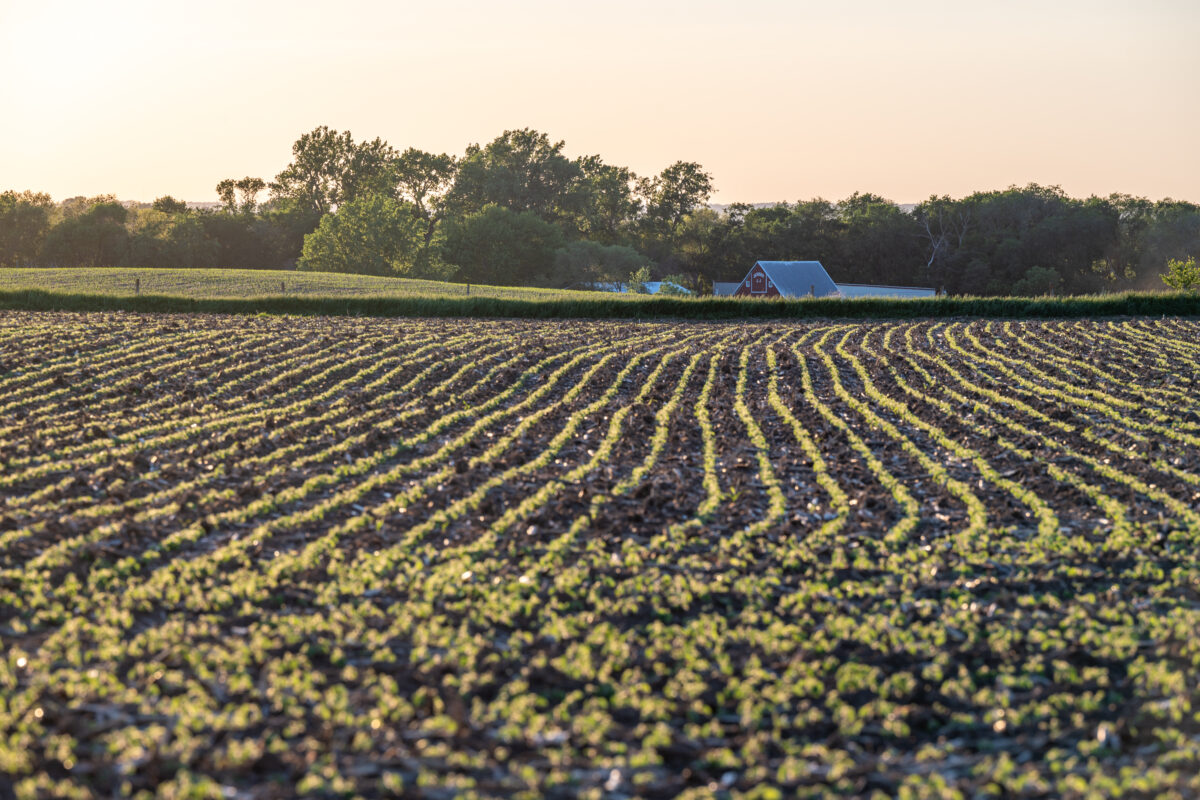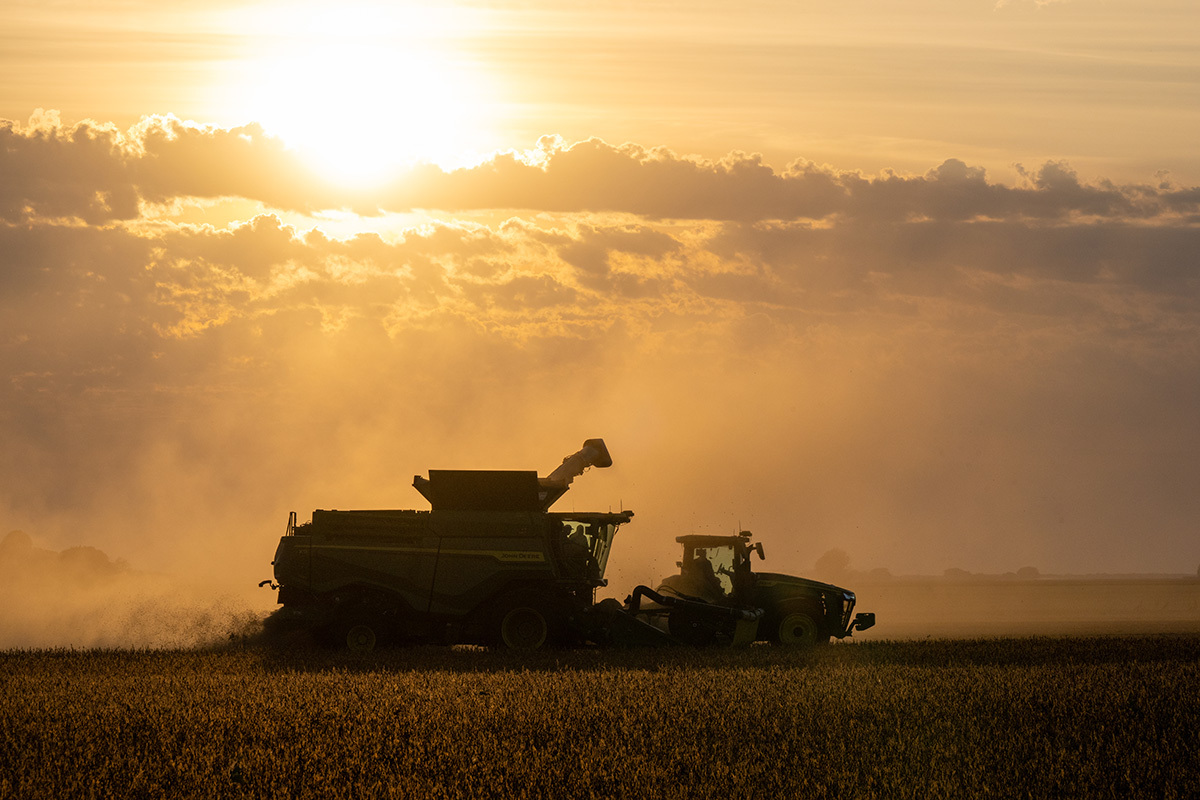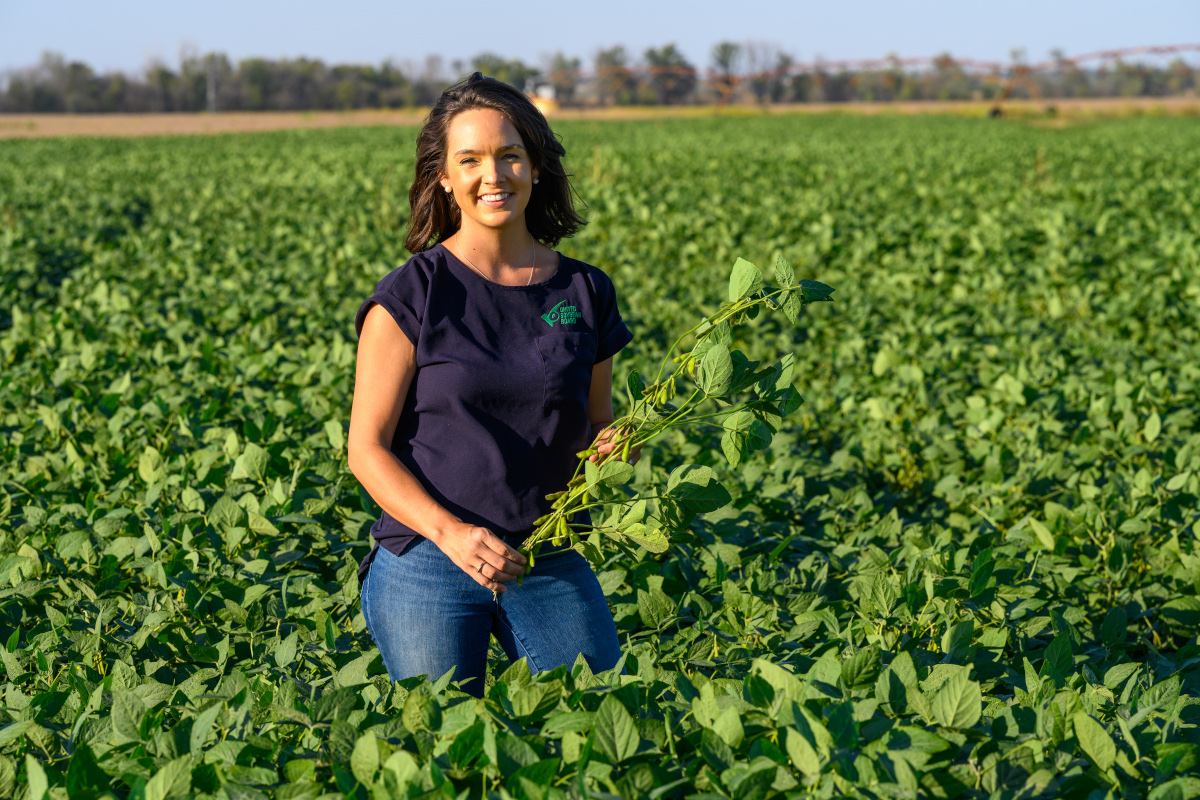New Study Finds U.S. Soybean Industry Has $124 Billion Impact on the United States Economy

WASHINGTON (August 28, 2023) — The National Oilseed Processors Association (NOPA) and the United Soybean Board (USB) are pleased to announce the availability of a new study, The Economic Impact of the U.S. Soybeans & End Products on the U.S. Economy, that examines the value of the American soybean industry. To develop the study, NOPA and USB commissioned LMC International Ltd., an independent economic consulting firm specializing in global agricultural commodity and agribusiness sectors.
NOPA’s President Thomas Hammer observes, “As indicated by this study’s findings, the economic contributions of the soybean processing and refining sectors to the U.S. economy are substantial, connecting soybean farmers with end users. Soybean processors convert soybeans into meal and oil. These value-added products are used in food, feed, industrial products and biofuels, supporting billions of dollars in domestic wages and tens of thousands of good paying jobs in the United States.”
This 33-page study analyzes the soybean value chain’s impact on the U.S. economy based on data from crop years 2019/20 to 2021/22. As highlighted in the report summary, during this period:
- The total economic impact on the U.S. economy from the soybean sector averaged $124 billion, including $85.7 billion from soy production and $9.8 billion from soybean processing — the U.S. soy sector accounts for approximately 0.6 percent of the U.S. gross domestic product.
- There are more than 500,000 individuals involved in soy farm decision-making. This includes 223,000 paid, full-time equivalent jobs and an additional 62,000 family members, beyond growers, who reside on farms and are integral to soybean farming operations.
- The total wage impact of the sector averaged $10 billion.
“It’s reaffirming to see that the U.S. soybean industry has such a tremendous impact on U.S. farmers and the economy overall,” says USB Chair and Missouri farmer Meagan Kaiser. “When we think about soy’s role in food security, renewable energy and more than 1,000 products on the market, it may be surprising to the everyday consumer how our product extends across multiple sectors. This report, funded by our U.S. soybean farmers, allows soy as an often invisible ingredient to become a visible contribution and sustainable solution for our future.”
Economic impacts highlighted in the study are quantified in terms of revenue, wages, jobs and the number of people dependent on the sector — all focused on the production, distribution and use of soybeans and soybean products, spanning across the value chain, from soybean farming and production to consumers and exports. Findings are presented, with educational intent, at the national and state level and by congressional district. The study also includes one-page summaries for 39 key states where the soybean industry primarily operates.
A copy of the complete study and related national and state summary sheets are available for download from NOPA’s website at www.nopa.org.
* * *
ABOUT NOPA: Founded in 1930, NOPA represents the U.S. soybean, canola, flaxseed, safflower seed and sunflower seed crushing industries. NOPA members include 13 companies that operate a total of 61 soybean and 5 softseed solvent extraction plants across 21 states. Products from these companies include meal and oil used in human food, animal feed, fuel and industrial applications. Collectively, our members process approximately 94 percent of all soybeans in the United States. For further information on NOPA, visit www.nopa.org
ABOUT UNITED SOYBEAN BOARD: United Soybean Board’s 77 volunteer farmer-leaders work on behalf of all U.S. soybean farmers to achieve maximum value for their soy checkoff investments. These volunteers create value by investing in research, education and promotion with the vision to deliver sustainable soy solutions to every life, every day, across the three priority areas of Infrastructure & Connectivity, Health & Nutrition, and Innovation & Technology. As stipulated in the federal Soybean Promotion, Research and Consumer Information Act, the USDA Agricultural Marketing Service has oversight responsibilities for USB and the soy checkoff. For more information on the United Soybean Board, visit unitedsoybean.org.
###
Contacts:
Katie Vassalli at National Oilseed Processors Association, 202.864.4368
Paul Murphy-Spooner at United Soybean Board, 636.681.1254



